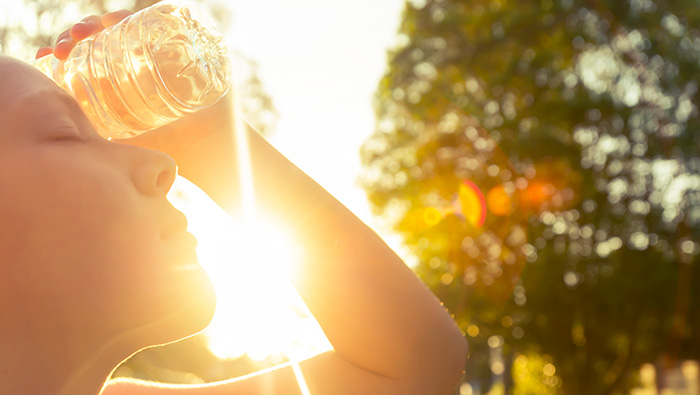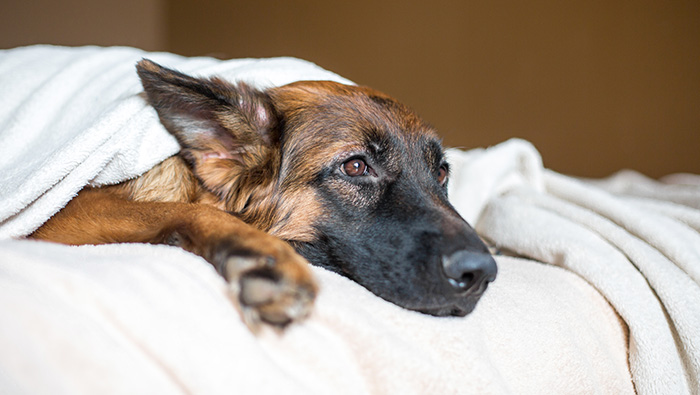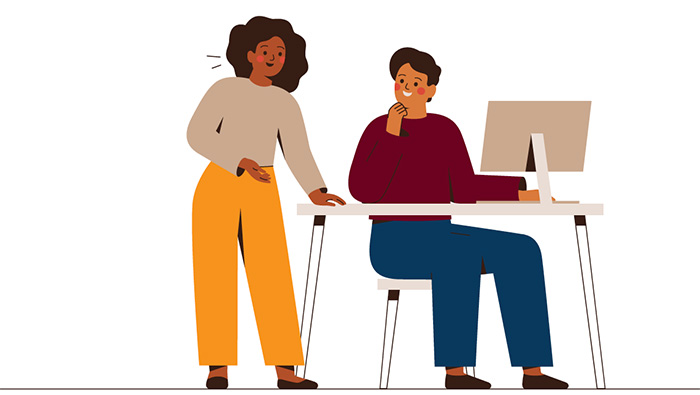
Beat the Heat
The Sacramento region is expecting triple-digit temperatures this week. The high temperatures can expose people to dehydration, heat exhaustion and even heat stroke. UC Davis Health occupational and environmental medicine physician Sheri Belafsky and sports medicine physician Brandee Waite offer tips to beat the heat and stay cool and healthy.
- Drink before you’re thirsty. Thirst is often the first sign of dehydration. Belafsky recommends those who work outdoors drink one quart of water per hour. Those who work indoors should consider setting a “water alarm” to remind them to stay hydrated. She also notes that Cal/OSHA requires employers provide one quart of water per hour for their employees working outdoors in the heat.
- Acclimate yourself to the heat. “It can take a few weeks to acclimate your body to the heat. Be mindful and recognize that your water requirements will increase,” Belafsky said. Waite notes to keep visitors in mind, especially as COVID-19 restrictions are lifting and more people are traveling. “Out-of-town visitors may not be accustomed to our triple-digit temperatures and should especially take it easy the first few days,” said Waite.
- Skip the caffeine. “It’s tempting to reach for a soda or iced tea on a warm day to quench your thirst,” Belafsky said. “But people aren’t aware that the caffeine they’re consuming is doing the exact opposite of what they need. It’s dehydrating.” Instead, she recommends opting for herbal iced tea that’s decaffeinated, sparkling water, or creating your own “spa water” infused with fresh fruit.
- Exercise indoors or during the coolest parts of the day. “People who exercise regularly often don’t consider the effects of heat on their performance and overall health,” said Waite. While right after work is a common time to exercise, this is typically the hottest time of day. Make sure to do it during the cooler morning and possibly evening hours.
- Wear breathable fabrics. Try wearing lightweight cotton, linen or a blend that feels cool to the touch and is breathable. Avoid synthetic fabrics like polyester that don’t allow the body’s natural cooling system to work. If you’ll be in and out of buildings with air conditioning, Belafsky suggests wearing light layers.
- Take regular timeouts for outdoor activities. “Schedule a minimum of 10 minutes in the shade for every hour of exercise or activity. Children, older people and those who are less fit need more rest,” said Waite. She notes that youngsters aren’t always aware that they need rest periods and water breaks.
- Know your personal risk. “Certain populations are more vulnerable to the heat,” said Belafsky. “People with chronic kidney disease or diabetes, for example. It’s important to understand how extreme temperatures affect your medical condition.” Belafsky also shared that common medications can impact a person’s ability to stay cool or hydrated. Thyroid medication and diuretics that treat blood pressure can cause excessive sweating and salt depletion that leads to dehydration. Beta-blockers for heart conditions can impair sweating which makes it hard for the body to cool itself.








